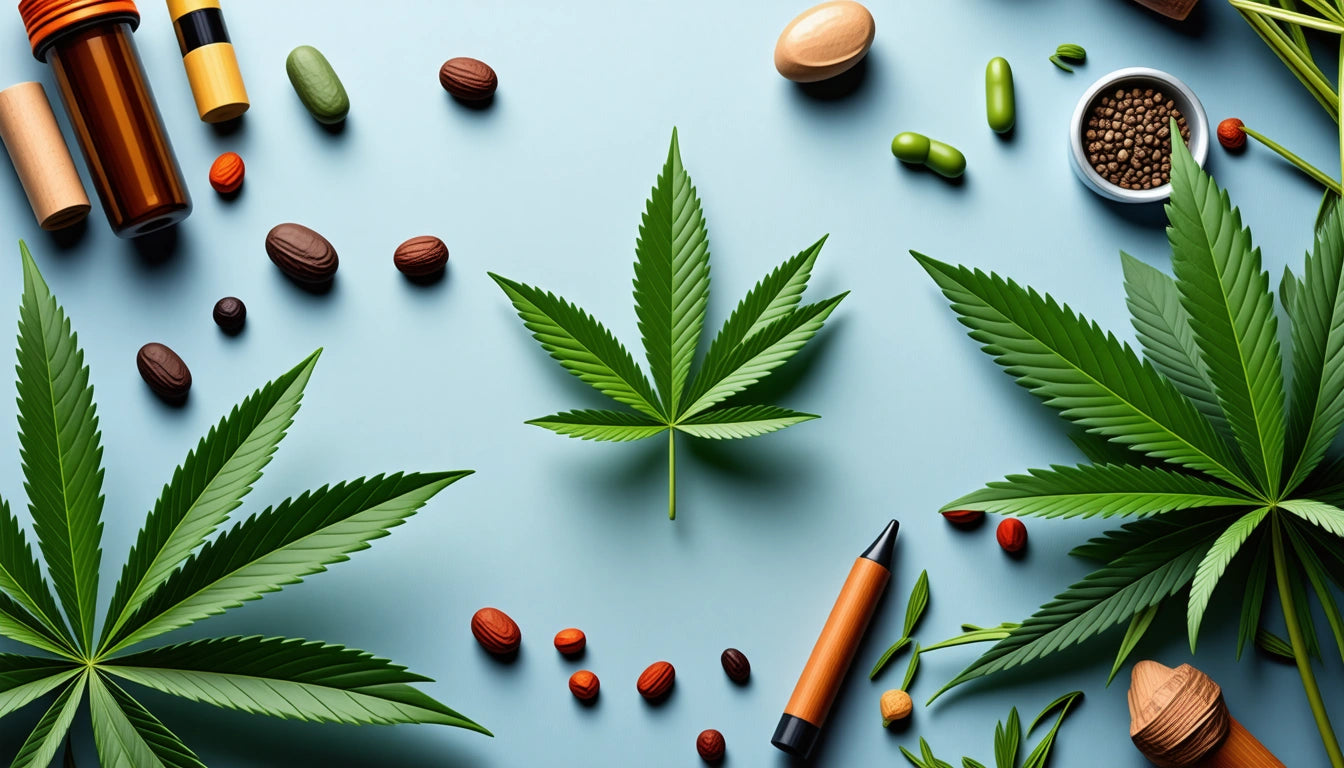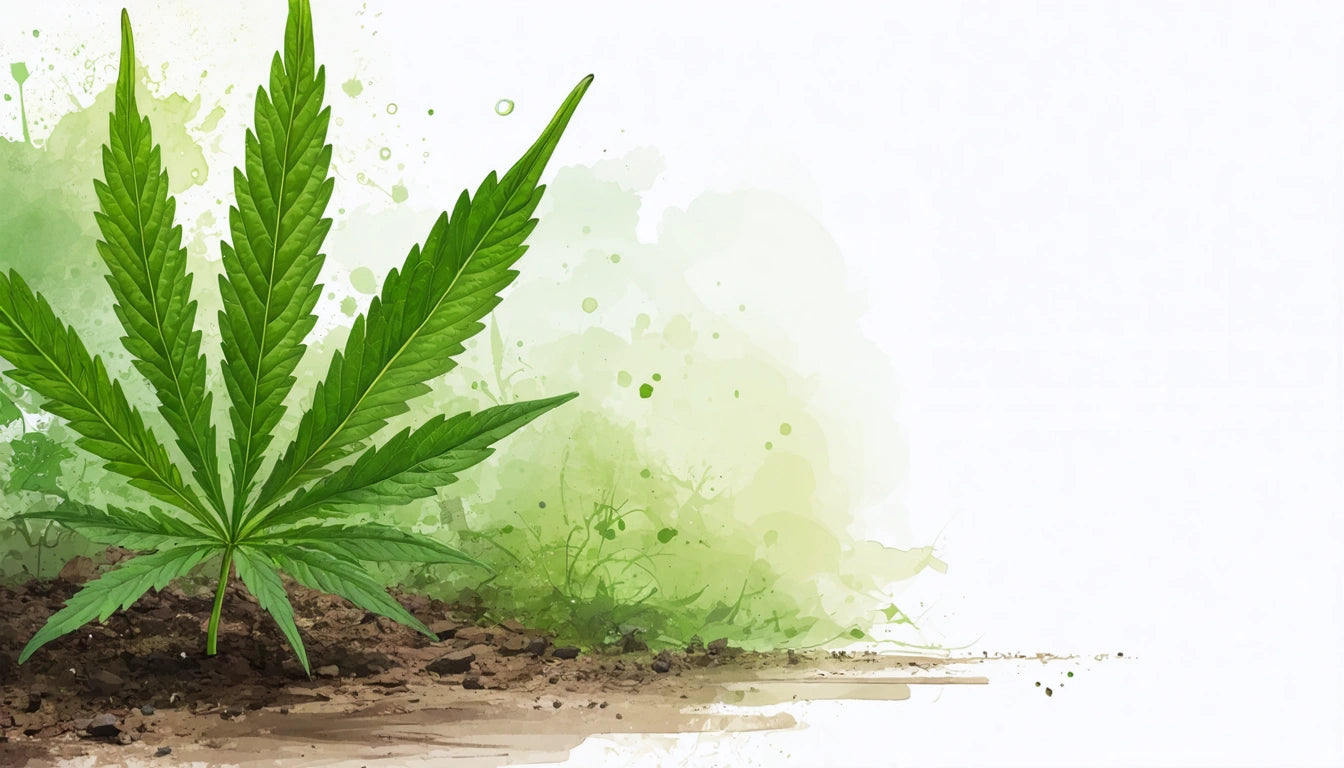Table of Contents
Celebrity Legal Troubles: Tommy Chong and Brittney Griner's Time Behind Bars
Celebrity encounters with the legal system often highlight the complex and sometimes controversial nature of cannabis laws worldwide. Two high-profile cases that have captured public attention involve comedy legend Tommy Chong and WNBA star Brittney Griner, both of whom faced incarceration for cannabis-related offenses.
Tommy Chong's Prison Sentence: Operation Pipe Dreams
Tommy Chong, one half of the iconic comedy duo Cheech and Chong, found himself at the center of a federal investigation in 2003. Many fans still wonder exactly how long Tommy Chong was in prison and what led to his incarceration.
Chong served nine months in federal prison after pleading guilty to one count of conspiracy to distribute drug paraphernalia. His sentence began in October 2003 when he reported to the Taft Correctional Institution in California. He was released in July 2004, having completed his prison term.
The case against Chong was part of "Operation Pipe Dreams," a nationwide investigation targeting businesses selling drug paraphernalia. Despite being a first-time, non-violent offender, Chong received what many considered a harsh sentence compared to others caught in the same operation.
Reasons Behind Tommy Chong's Incarceration
Why did Tommy Chong go to jail? The comedian's legal troubles stemmed from his involvement with Nice Dreams Enterprises, a family business that sold glass water pipes, commonly known as bongs. The company, primarily run by his son Paris, shipped these products across state lines, which violated federal paraphernalia laws.
According to prosecutors, Chong was specifically targeted because of his celebrity status and his films' portrayal of cannabis culture. U.S. Attorney Mary Beth Buchanan, who oversaw the case, later admitted that Chong was prosecuted to send a message to the public about the government's stance on drug paraphernalia.
Chong has stated that he accepted a plea deal that included prison time to protect his wife and son from prosecution. This decision highlights the serious legal consequences for marijuana-related offenses that existed at that time.
Brittney Griner's Detention in Russia
Nearly two decades after Chong's case, WNBA star Brittney Griner faced her own legal battle when she was detained in Russia in February 2022. Many have asked why was Griner jailed and how her case compares to domestic cannabis prosecutions.
Griner was arrested at a Moscow airport after Russian authorities found vape cartridges containing less than a gram of cannabis oil in her luggage. She was detained for 294 days, spending time in both pre-trial detention and a Russian penal colony after being sentenced to nine years in prison.
When was Brittney Griner detained? Her ordeal began on February 17, 2022, just days before Russia invaded Ukraine, adding geopolitical complications to her case. She remained in custody until December 8, 2022, when she was released as part of a prisoner swap for Russian arms dealer Viktor Bout.
Griner's case highlighted the stark differences in international drug laws and the potential consequences of traveling with cannabis products, even in small amounts. Her experience underscores the importance of understanding incarceration trends and statistics both domestically and internationally.
Legal Consequences of Cannabis Possession
Both Chong and Griner's cases illustrate the serious legal repercussions that can result from cannabis-related offenses, even as public opinion and laws evolve. These consequences vary widely depending on jurisdiction, amount possessed, and other factors.
In the United States, cannabis laws have undergone significant changes since Chong's imprisonment. However, federal prohibition remains in place, creating a complex legal landscape. Understanding these laws is crucial, especially for businesses in the cannabis industry who must navigate regulations including proper packaging requirements. For example, child-resistant packaging solutions have become standard requirements in legal markets to prevent accidental consumption by minors.
International travelers face even greater risks, as Griner's case demonstrates. Many countries maintain strict drug laws with severe penalties, including lengthy prison sentences or even death penalties in some jurisdictions.
- Federal penalties can include years of imprisonment and substantial fines
- State laws vary widely from full legalization to strict prohibition
- International laws are often more severe than U.S. domestic laws
- Prior convictions can significantly increase penalties
The history of cannabis criminalization provides important context for understanding these cases and the evolving legal landscape.
Cannabis Policy Evolution and Celebrity Impact
Celebrity cases like Chong's and Griner's have played significant roles in shaping public discourse around cannabis policy. Since his release, Tommy Chong has become an outspoken advocate for cannabis legalization and criminal justice reform. His experience highlights the targeting of public figures for cannabis-related offenses, similar to other celebrities like Snoop Dogg, whose own history with cannabis includes legal troubles.
Griner's detention occurred during a period of rapid cannabis policy reform in the United States, creating a stark contrast between her treatment in Russia and evolving attitudes at home. Her case generated significant public support and raised awareness about the risks of international travel with cannabis products.
Today, the rates of cannabis-related incarceration continue to evolve as more states legalize medical and recreational use. However, thousands remain imprisoned for offenses that would no longer be crimes in many jurisdictions.
Both cases serve as powerful reminders of the human impact of drug policies and the disparities that can exist in their enforcement. As cannabis laws continue to change globally, these high-profile examples remain important touchpoints in ongoing discussions about proportional punishment, international relations, and the future of cannabis regulation.











Leave a comment
All comments are moderated before being published.
This site is protected by hCaptcha and the hCaptcha Privacy Policy and Terms of Service apply.